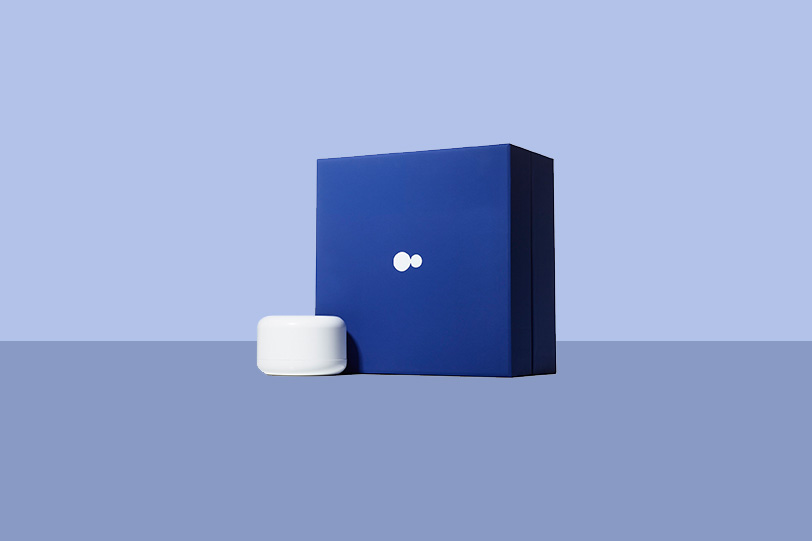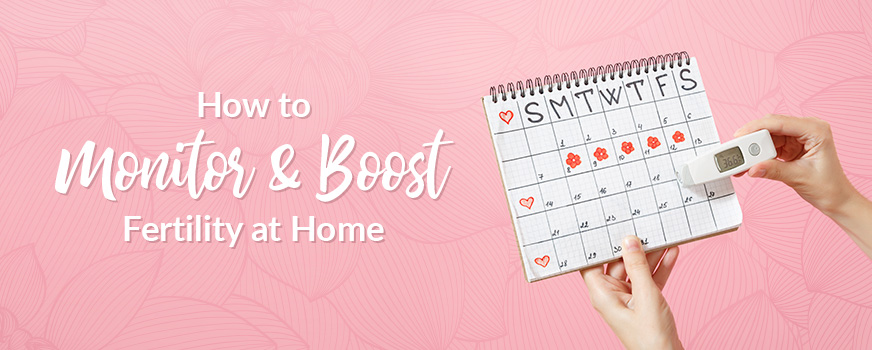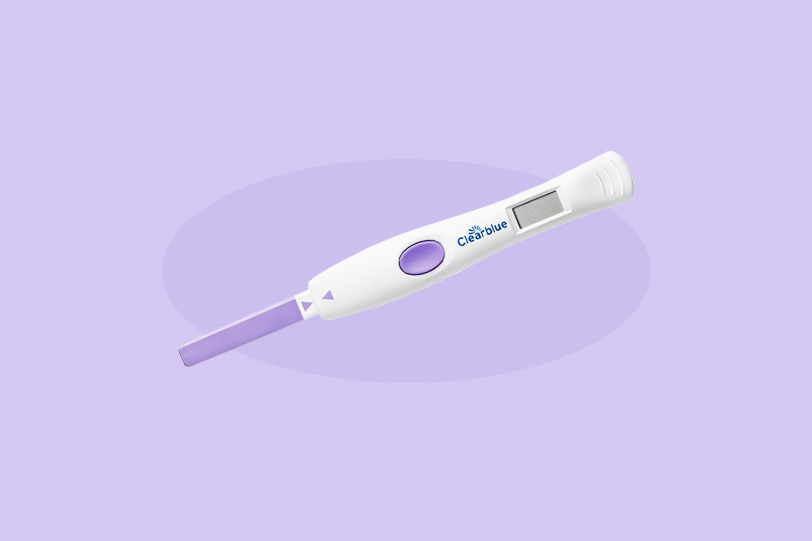Going in to see your doctor for fertility treatments is a wonderful resource, but there are things you can do at home to monitor and boost your fertility between visits to your doctor. From ovulation trackers to sperm analysis kits, there are a few ways to monitor fertility at home. Learn which tools you should use to manage fertility at home, along with ways you can boost fertility.
Monitoring Fertility at Home
Ovulation Trackers
Ovulation trackers are great tools for monitoring your ovulation cycles and determine your most fertile days. While they aren’t 100% accurate, it is still a great home fertility test to help you get to know your body a little better. Keep in mind that every woman is different when it comes to menstrual cycles, and even every menstrual is different when it comes to a woman, so it is expected to see some differences between results. We put together a handy Ovulation calendar here.
To track ovulation at home, you can use an ovulation tracker or an ovulation test. Below are some of our recommended fertility tests to try at home:
- APA Free Ovulation Tracker: Ovulation trackers are calendars that base your “Estimated Fertility Window” off of your menstrual cycle. The American Pregnancy Association provides a simple calculator to help you determine your next anticipated period and when your fertility is most likely to be at your peak. You are given a 10-day window for likely ovulation, and it is recommended to have intercourse every other day in this window.
- Clearblue Advanced Digital Ovulation Test: This test helps detect your four most fertile days and is 99% effective by testing for the Lutenizing hormone (LH) and estrogen levels. Take the Clearblue ovulation test once a day until a flashing smiley face indicates your estrogen levels are high. The test can be used for women with both regular and irregular cycles, but it is not recommended to be used for women with PCOS.
- Fertility Apps: There are many fertility tracking apps that help you stay on top of your ovulation cycles right at your fingertips. Similar to the free ovulation tracker above, these apps store your historical data and can draw better conclusions about your fertility. Some of them include tools to help you make lifestyle changes and increase your fertility naturally.
Sperm Analysis Kits
Accurately evaluating sperm requires the analysis of many factors, including morphology (the shape), motility (the movement), and sperm count. At-home fertility tests for sperm analysis cannot test for morphology, but they can help determine sperm count and motility. Making an appointment with your fertility doctor is the most accurate and effective way to analyze all three factors affecting sperm and fertility.

For sperm home fertility tests, try some of these popular options to analyze the effectiveness of your sperm:
- SpermCheck Fertility: While this test cannot track motility or morphology of sperm, it can be used to start your fertility journey and identify sperm count. If you are seeing sperm count anomalies in this test, you can take further action and set up an appointment with a fertility specialist to determine the next steps in your journey toward conception.
- YO Sperm Test: This test uses sperm analyzation to determine the motility of sperm. Again, only one of the three factors is included in this home fertility test, so you still don’t get the full picture of your fertility levels and sperm health. It is available on smartphones, Mac and PC, and can be a helpful tool to use prior to visiting a fertility specialist to identify any immediate concerns when it comes to sperm motility.
- Dadi At-Home Sperm Storage: For those who may be shy going in to a clinic for sperm analyzation tests, the Dadi kit allows you to collect a sample at home and send to a lab for results. Just like other lab services like 23andMe, the lab results take more time than the other two at-home fertility tests, but their fertility report includes count, volume, and concentration of your sperm. You can also store your sperm for $9.99 a month or $99.99 a year.
Boost Fertility at Home
Once you have these fertility resources as part of your conception regimen, you can use the results to help boost fertility at home. Of course, visiting a fertility center is the most effective approach, but making lifestyle changes on your own can help boost your fertility between appointments. The six main ways to increase fertility naturally are by eating well, exercising, limiting alcohol consumption, cutting down on coffee, quitting smoking, and tracking your fertility in the ways described above.
If your at-home fertility tests are bringing up any questions or concerns, please reach out to a fertilization specialist to figure out your next steps. Taking the initiative to track fertility at home is an amazing step on your road to conception, so kudos to you for investing in your fertility journey!





